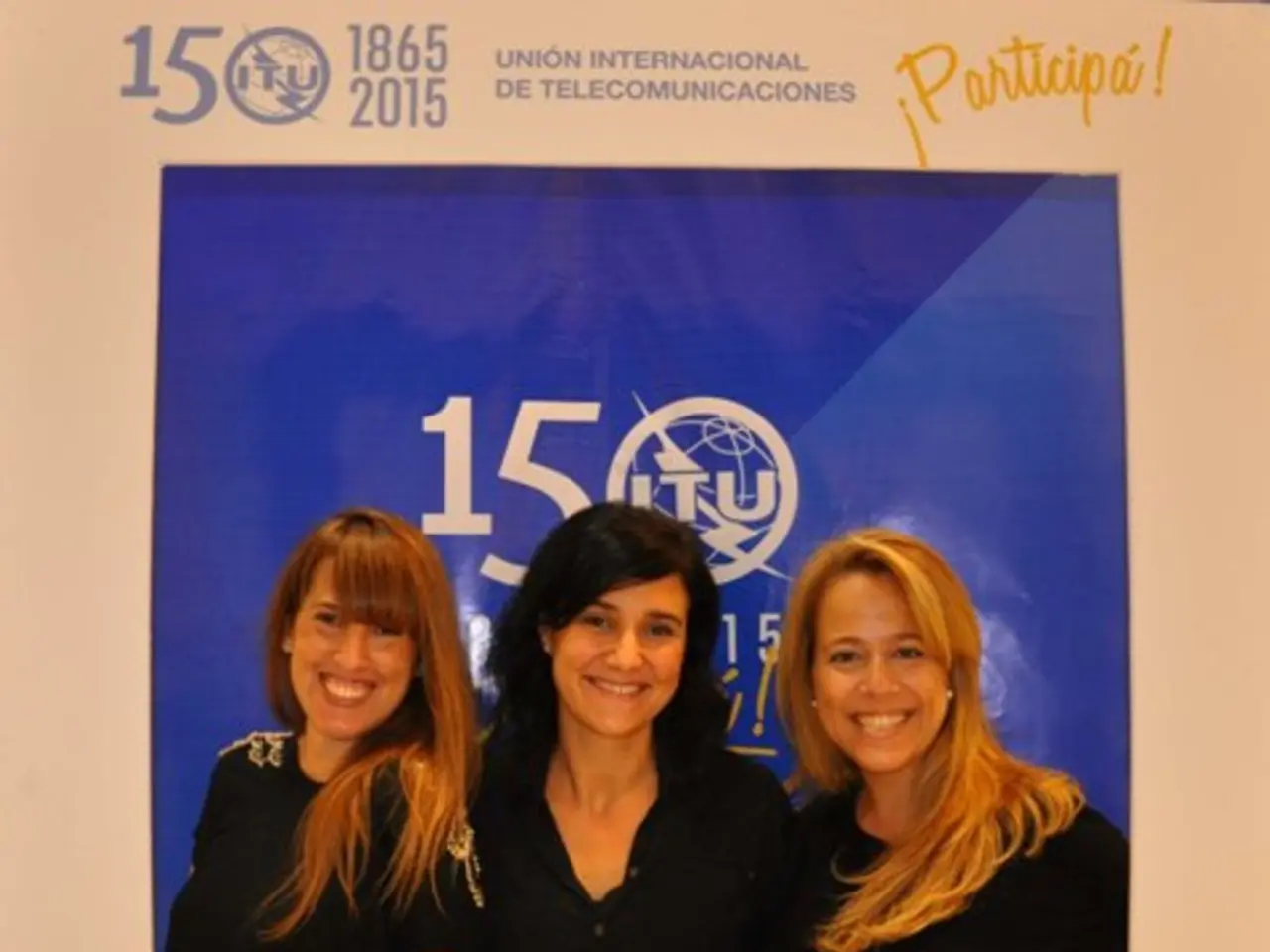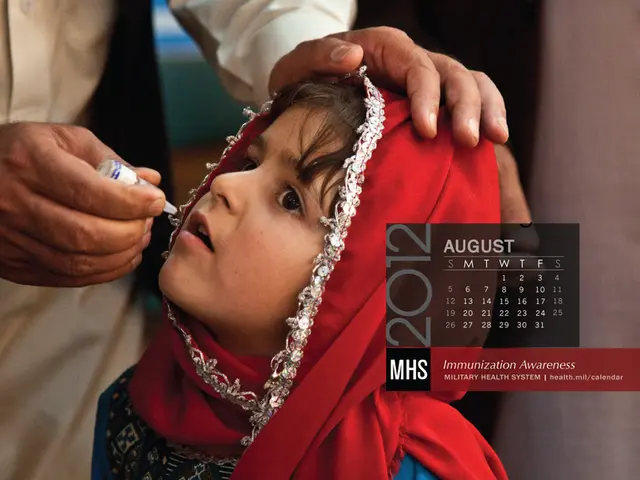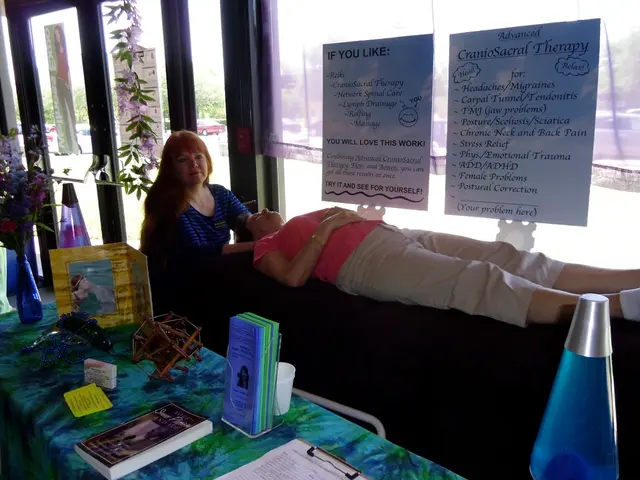Global Genes & RDDC Team Up to Bridge Rare Disease Care Gap for People of Color
Global Genes and the Rare Disease Diversity Coalition (RDDC) have joined forces to tackle health disparities in rare disease communities. The partnership aims to improve diagnosis and treatment for people of color with rare diseases, a group often overlooked in research and care.
The collaboration will focus on three key initiatives. Firstly, they will work together on the RARE Data & Evidence Inclusiveness Initiative. This project seeks to shed light on the experiences of rare disease patients of color and track their diagnosis, care, and treatment outcomes. Currently, these patients are underrepresented in diagnostic efforts, genome-wide association studies, and clinical research trials, leading to a lack of insight into effective treatments for these minority groups.
Secondly, the two nonprofits will jointly host the RARE Health Equity Summit in Philadelphia. This event will discuss challenges faced by underserved and underrepresented patient communities in getting proper diagnoses and reducing racial disparities in healthcare.
Craig Martin, CEO of Global Genes, sees this partnership as a unique opportunity to 'level the playing field' in rare disease by identifying and addressing areas where communities of color and other underserved populations are left out. The partnership aims to address systemic barriers to timely diagnosis and effective therapeutics for people of color with rare diseases.
The collaboration also includes the Black Women's Health Imperative (BWHI), which launched the RDDC, advocating for evidence-based solutions to racial and ethnic disparities in rare disease communities. Additionally, ACHSE e.V., the umbrella organization for people with rare diseases in Germany, is involved. They will jointly organize the NAKSE 2025, the National Conference on Rare Diseases, in Berlin and online in 2025.
With more than 400 million people worldwide affected by rare diseases, the need for inclusive research and care is urgent. The third project, the Know Your Family History Initiative, aims to raise awareness about the importance of knowing one's family medical history. This initiative supports greater access to research and appropriate care for minority patients with rare diseases. Through these collaborative efforts, the partners hope to improve health equity for patients with rare diseases and their relatives in underrepresented communities of color.
Read also:
- Prostate Cancer Progression: Prognosis, Therapies, and Resources of Care (Stage 2)
- Impacted vision post-cataract surgery: Reasons and remedies
- Global COVID-19 Update: Complimentary masks distributed in the U.S. via mail, while COVID passports implemented in Sweden and Denmark
- Vacation turns sour: Lone man with a fractured bone from a couple is taken to Munich








